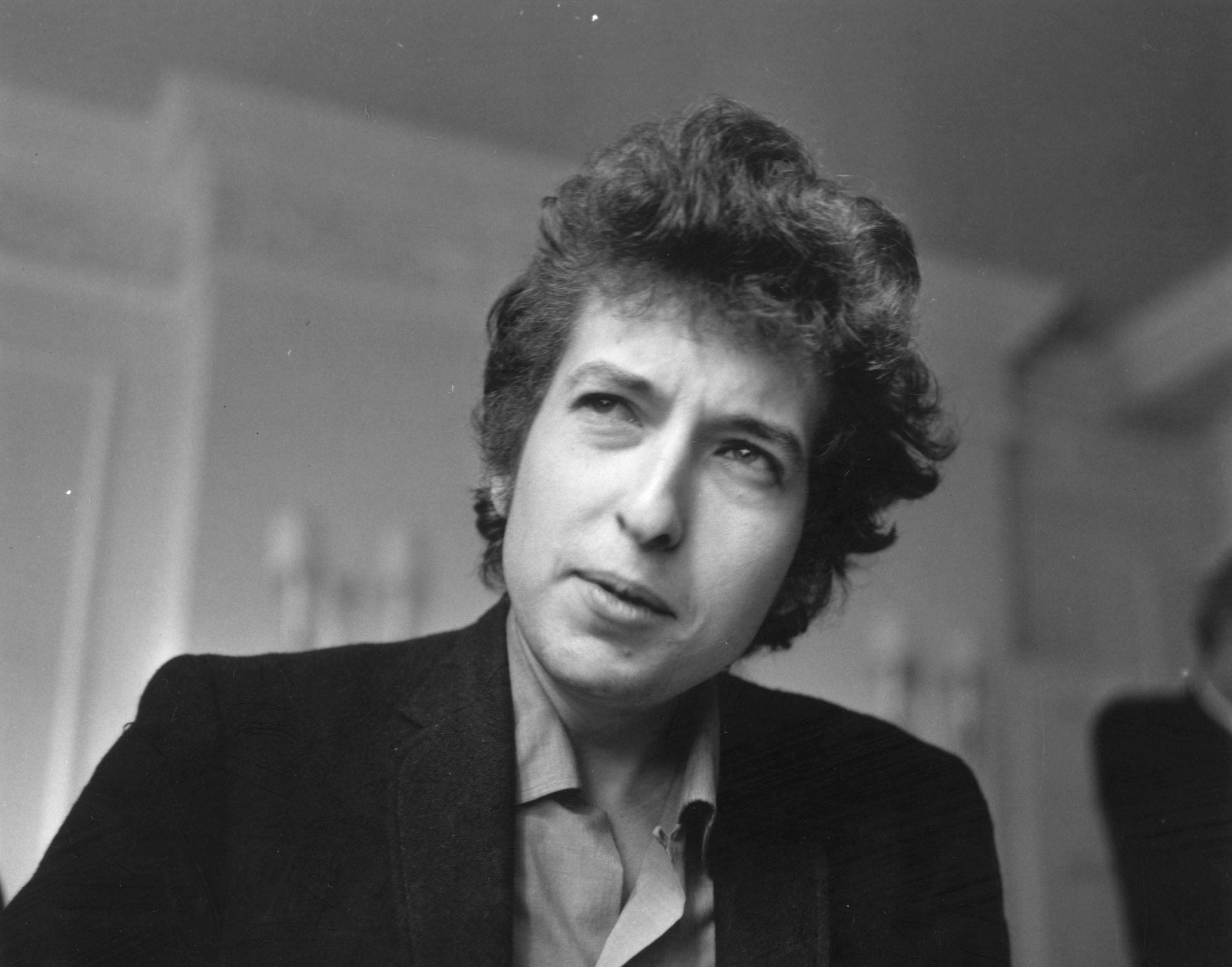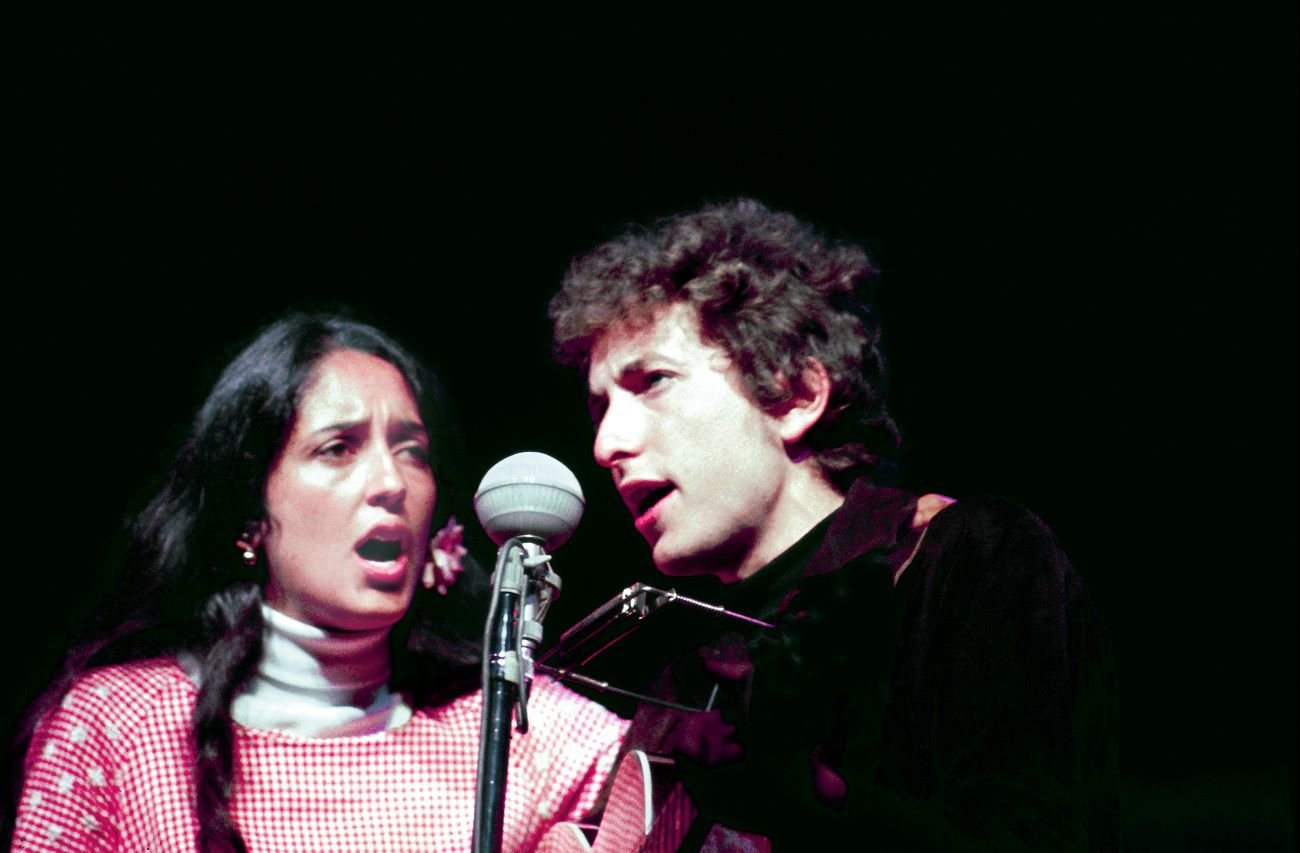
Bob Dylan Said He Had His Own Political Party
Early in his career, Bob Dylan wrote a number of protest songs that were distinctly more political than his later work. After the early 1960s, Dylan lost interest in writing protest music, prompting some folk artists to beg him to write more. In a 1967 interview, however, Dylan said he thought of himself as a politician. He said he had his own political party, though he didn’t seem to have put too much thought into what he meant by that.

The musician released protest songs early in his career
In 1962, Dylan recorded “Blowin’ in the Wind,” one of the songs on his breakthrough album, The Freewheelin’ Bob Dylan. It was more ambiguous and metaphorical than other protest songs at the time, but it was embraced as an essential song of the civil rights movement. In 1963, Dylan even performed at the March on Washington.
“I looked up from the podium and I thought to myself, ‘I’ve never seen such a large crowd,'” Dylan said, per Rolling Stone. “I was up close when King was giving that speech. To this day, it still affects me in a profound way.”
Still, Dylan said that he didn’t write protest music. When he first performed “Blowin’ in the Wind” for a crowd, he introduced the song by saying, “This here ain’t no protest song or anything like that, ’cause I don’t write no protest songs” (via History).
Bob Dylan once said he had his own political party
By the mid-1960s, Dylan’s music had shifted away from the political. Still, in a 1967 interview, he said he considered himself a politician.
“Do I consider myself a politician? Oh, I guess so,” he told Rolling Stone. “I have my own party though.”
He shared that this “political party” was exclusive.
“There’s no presidents in the party — there’s no presidents, or vice presidents, or secretaries or anything like that, so it makes it kinda hard to get in.”
He said that there were no right or left wings to his party. It sat relatively in the center but was on the “uppity” side. He also noted that he didn’t think it would ever be approved by the White House. When asked about other members, Dylan said nobody affiliated with the party would recognize each other.
“Most of us don’t even know each other, y’know,” he said. “It’s hard to tell who’s in it and who’s not in it.”
With that level of disorganization, Dylan wasn’t setting himself up to be on many ballots.
Joan Baez wanted Bob Dylan to keep writing political music
Dylan’s shift away from protest music was disappointing to his contemporaries, particularly at the height of the Vietnam War. In 1972, Joan Baez, who’d performed with Dylan on multiple occasions, wrote the song “Dear Bobby” as a plea to the musician.

“Do you hear the voices in the night, Bobby?” she sang. “They’re crying for you/See the children in the morning light, Bobby/They’re dying/No one could say it like you said it/We’d only try and just forget it.”


